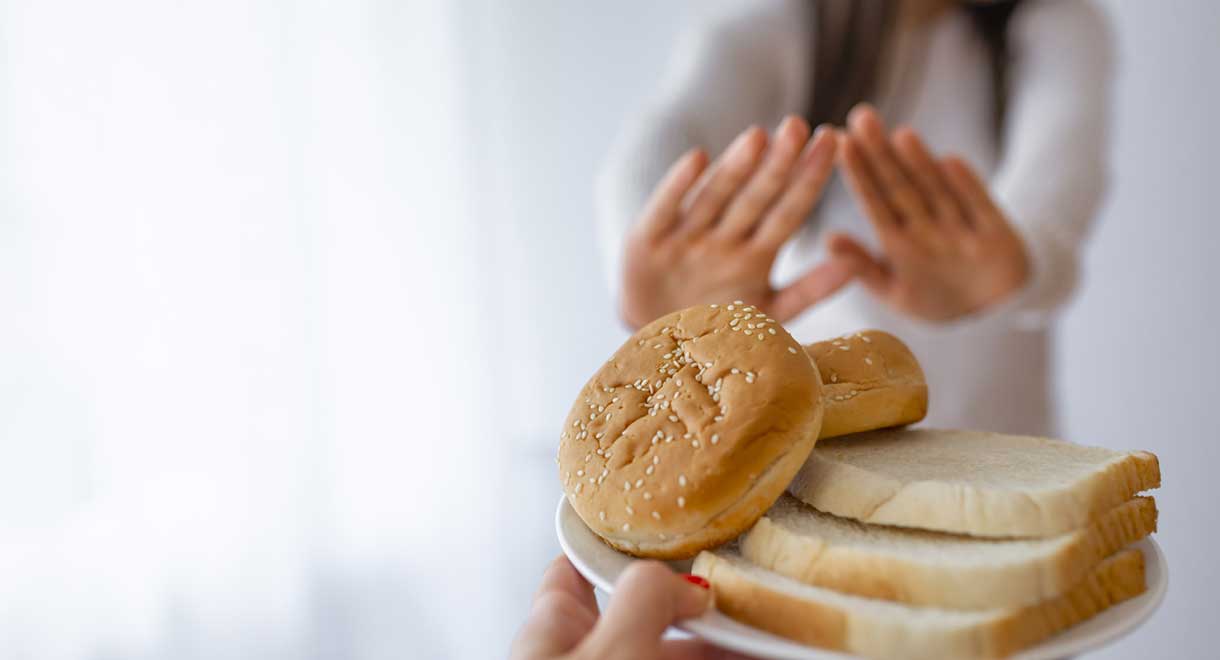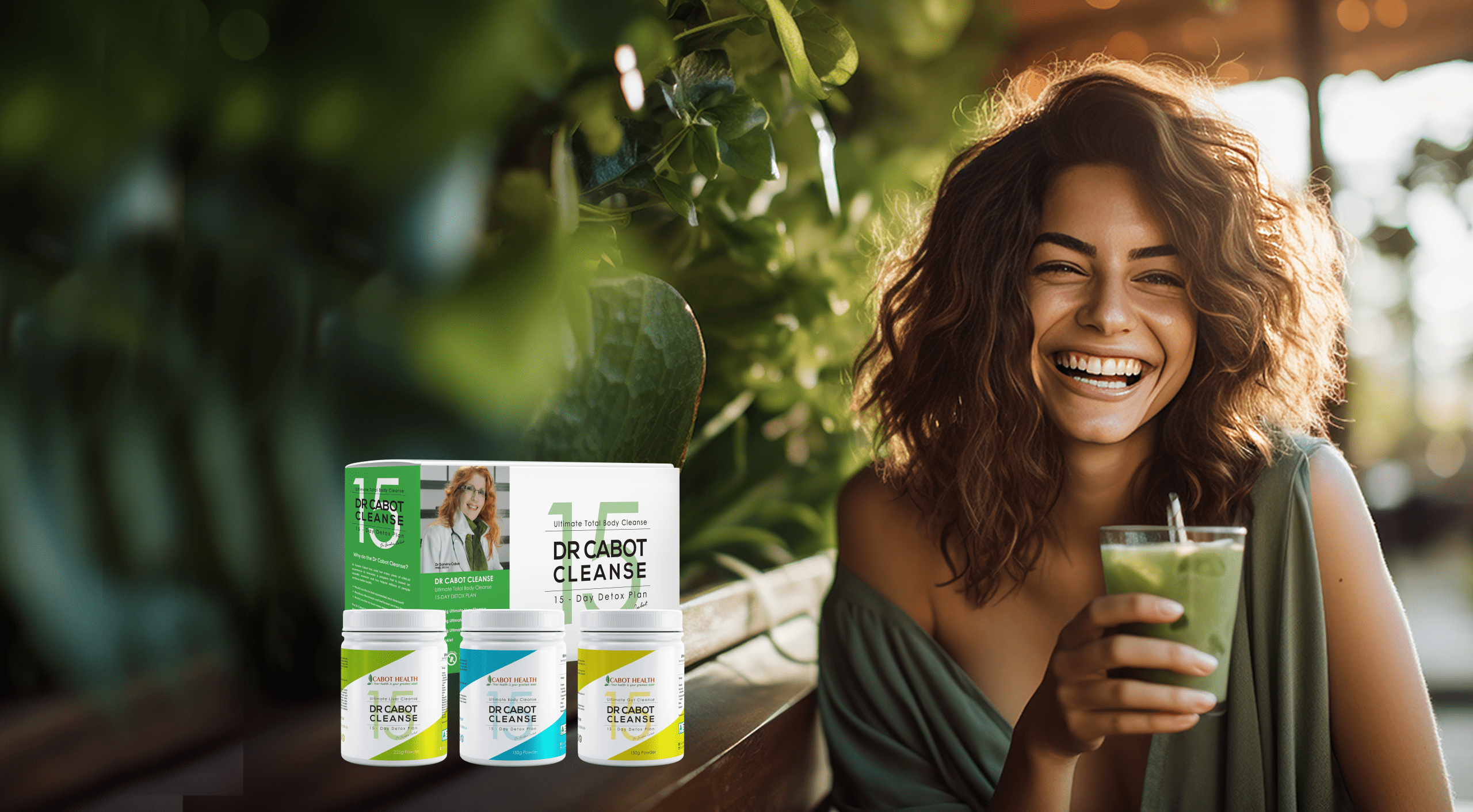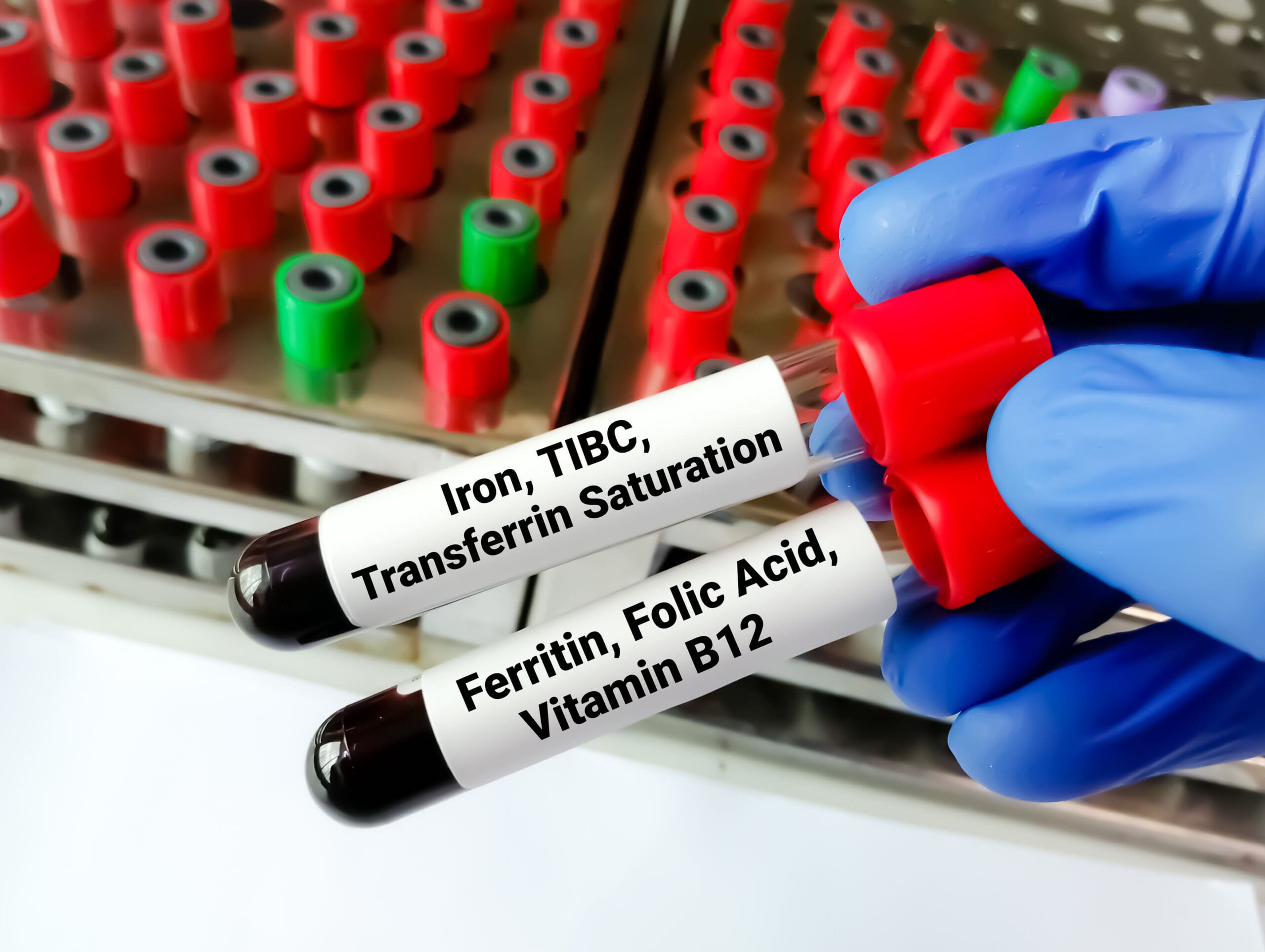Coeliacs are at higher risk of fatty liver disease
By naturopath Margaret Jasinska
Fatty liver is a modern day epidemic. It means an abnormally high level of fat has accumulated inside the liver. When the liver is fatty, inflammation and damage occurs to liver cells. This typically produces elevated liver enzymes, which can be measured on a blood test.
Because it contains the word fatty, most people think you need to be overweight in order to get a fatty liver. It is certainly true that most sufferers carry excess weight around their torso, and a high sugar diet is the biggest risk factor for getting the disease. However, many other things can cause a fatty liver and you can still develop one if you are thin.
Liver cells can accumulate fat inside them when they become damaged. A lot of different things can harm liver cells; some common examples include viruses, autoimmune diseases, alcohol, medication, leaky gut and other intestinal problems. Coeliac disease is an autoimmune disease and it causes significant intestinal damage, so it’s not surprising that the condition could harm the liver. The intestinal damage allows a large amount of waste in the intestines to reach the liver and harm liver cells. Normally a healthy intestinal barrier keeps gut wastes within the gut.
A recent study published in the journal Liver International retrospectively enrolled newly diagnosed coeliac patients who underwent clinical, laboratory and ultrasound investigations. All these tests were conducted both at diagnosis of coeliac disease and two years afterwards. The researchers found that 65 out of 221 newly diagnosed coeliacs (almost 30 percent) presented with non alcoholic fatty liver upon coeliac diagnosis. 32 out of 221 met the criteria for metabolic associated fatty liver disease (associated with insulin resistance).
Fatty liver and insulin resistance are both extremely common in people with coeliac disease and those without. They tend to occur in younger people and non overweight people who have coeliac disease. This is due to intestinal damage which raises inflammation in the body. If you have been diagnosed with raised liver enzymes and a fatty liver, and your doctor has not been able to determine the cause, a test for coeliac disease would be appropriate. The good news is that in the vast majority of cases, following a gluten free diet and healing leaky gut returns liver health to normal in most people with coeliac disease. Occasionally there are complicating factors such as food intolerance, dysbiosis or small intestinal bacterial overgrowth.
Our books about autoimmune disease, gluten and gut health all address these issues. Gut Health powder contains nutrients specifically designed to heal the gut lining, helping to make it a better barrier. LivaTone Plus and LivaTone Shots contain ingredients traditionally used in European herbal medicine to assist liver health and detoxification.









Is there a test that I can ask my doctor to request to determine whether I am insulin resistant? If so what is it called?
Hi Lucille,
You can get a blood test to check your insulin levels. If your levels are elevated it indicates insulin resistance.
However generally you can determine that you are insulin resistant from your symptoms eg. difficulty losing weight, sugar cravings, excess weight around your mid section.
We have an article on insulin resistance:
Kind regards,
Louise